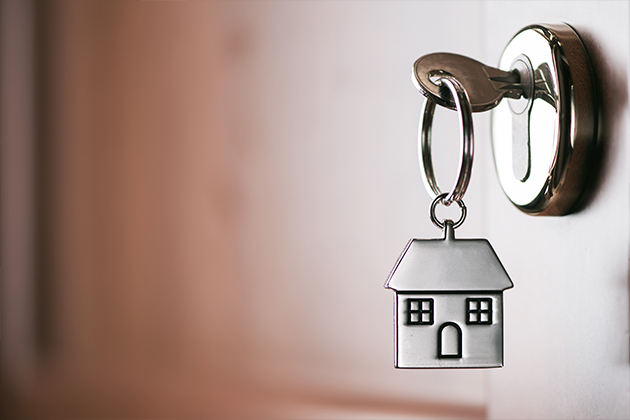
The payment of taxes in Portugal by foreign nationals are subject to specific rules and procedures. Discover what they are and find out what your obligations are. Learn about which advantages and tax benefits you are entitled to and which you’re not.
There are many foreigners who choose to live in Portugal. Some people come with the idea of starting their own business, some come looking for work and some come to spend their retirement. If you fall into one of these categories, you will have to pay taxes in Portugal on all income generated within its borders.
Paying taxes in Portugal: the IRS
If you work for an organization or someone else, your personal income tax (IRS) will be deducted directly from your salary. The responsibility for this lies with the employer, as it does with your social security contributions.
An annual statement of income is made once a year, between April 1 and June 30. The tax rate on your IRS depends on your total income. Low incomes are subject to a rate of 14.5%. Anyone declaring more than €80,640 annually will suffer a 48% rate.
Obtaining income from real estate rentals or interests on bank deposits will also mean having to pay taxes in Portugal. A rate of 28% is applied by the IRS on both these types of income.
If you receive any incomes from outside Portugal, pay attention. Portugal has signed agreements with dozens of other states to avoid double taxation. See the list of agreements currently in force
Non-habitual residents can benefit from special rights
In order to be considered a non-habitual resident you must meet two criteria:
- To not have resided in Portugal in the last five years;
- To spend 183 days a year in Portugal or, alternatively, have property in the country.
Pension incomes from abroad are exempt from income tax for 10 years for all non-habitual residents.
Income from work, whether done independently or for a company, is also eligible for a reduced income tax rate. For this, you must work in an area of “high added value”. There is an extensive list of activities that are included in this classification. This special tax regime was created in order to attract more talent to the country and guarantees those eligible with a flat tax rate of 20%.
If you have any questions, see our guide to being a non-habitual resident.
What you need to do at Finanças (the tax authority)
The first thing to do when paying taxes in Portugal is to head to finanças (the tax authority) or to a “Loja de Cidadão” (citizens office). To get your unique tax ID number, simply present your passport or official identification.
In Portugal, tax returns are delivered via the internet. As such, you need to promptly obtain your access code to the tax e-services. With this password you can double check your fiscal responsibilities and submit invoices.
When do you submit your IRS?
Tax returns are submitted through the portal das Finanças (tax e-service portal). All invoices for tax deductions are declared directly through the e-Fatura site (e-Invoice). You just need to confirm and validate the amounts declared.
Car taxes and estate tax
If you own one or more cars, they must be registered as yours in the Portal das Finanças. It is your responsibility to pay an “Imposto Único de Circulação” (road tax) on each vehicle. You should do it every year, in the same month as the registration date. The value of the tax depends on the engine capacity, CO2 emissions and age of the vehicle. They will provide a code which you can use to make a payment at any ATM terminal. Unfortunately, you can’t make the payment in any other form.
If you own one or more properties, you will have to pay an “Imposto Municipal sobre Imóveis” (property tax). The IRS sets the tax rate applicable in accordance to the estimated value of the assets. If the tax is less than €100 it will be paid in May. When the amount payable is €100-€500, then it is split in two installments paid in May and November. If it is more than €500 then it is divided over May, August and November. As with the car tax, it should be paid at an ATM.



